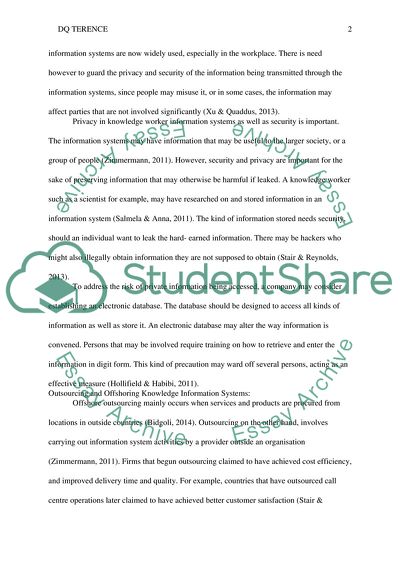Cite this document
(Information Systems as a Crucial Organizational Tool Term Paper, n.d.)
Information Systems as a Crucial Organizational Tool Term Paper. Retrieved from https://studentshare.org/information-technology/1662160-dq-8-terence
Information Systems as a Crucial Organizational Tool Term Paper. Retrieved from https://studentshare.org/information-technology/1662160-dq-8-terence
(Information Systems As a Crucial Organizational Tool Term Paper)
Information Systems As a Crucial Organizational Tool Term Paper. https://studentshare.org/information-technology/1662160-dq-8-terence.
Information Systems As a Crucial Organizational Tool Term Paper. https://studentshare.org/information-technology/1662160-dq-8-terence.
“Information Systems As a Crucial Organizational Tool Term Paper”, n.d. https://studentshare.org/information-technology/1662160-dq-8-terence.


